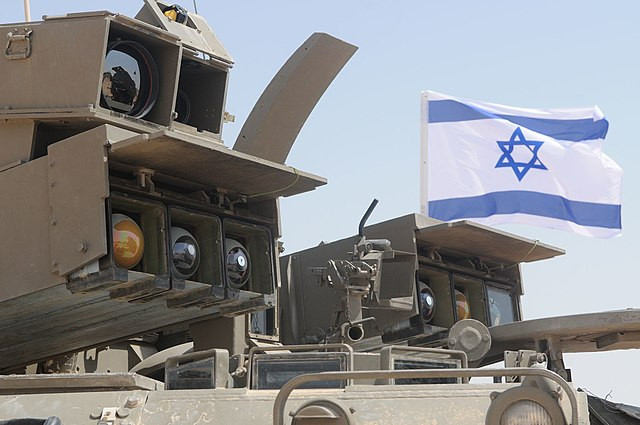U.S. President Joe Biden and French President Emmanuel Macron are expected to announce a ceasefire between Israel and Hezbollah within 36 hours, according to senior Lebanese sources. The ceasefire aims to bring an end to over a year of escalating conflict that has devastated the region.
White House national security spokesperson John Kirby expressed cautious optimism, stating, "We're close," but emphasized, "nothing is done until everything is done." The French presidency confirmed that discussions have made significant progress, while a senior Israeli official revealed that Prime Minister Benjamin Netanyahu's cabinet is scheduled to vote on the agreement Tuesday. The vote is expected to approve the proposal.
Despite diplomatic strides, the conflict intensified on Monday. Israeli airstrikes targeted Hezbollah-controlled southern suburbs of Beirut, resulting in widespread destruction, while Hezbollah launched a massive rocket barrage into Israel. Lebanon's health ministry reported that Israeli attacks have killed 3,768 people and displaced more than one million, while Hezbollah's strikes have claimed 45 civilian lives and injured dozens in northern Israel.
The proposed agreement involves an Israeli withdrawal from southern Lebanon and the deployment of Lebanese army troops to the border region within 60 days. A five-country monitoring committee, chaired by the United States and including France, would oversee compliance. Elias Bou Saab, Lebanon's deputy parliament speaker, voiced optimism, stating, "There are no serious obstacles left to start implementing a U.S.-proposed ceasefire with Israel, unless Netanyahu changes his mind."
However, lingering mistrust complicates the path to peace. Israel insists on retaining the right to strike Hezbollah fighters south of the Litani River, a condition Lebanon has resisted. U.S. State Department spokesperson Matthew Miller noted, "Oftentimes, the very last stages of an agreement are the most difficult because the hardest issues are left to the end." He emphasized the ongoing push to resolve remaining differences.
The ceasefire proposal has sparked division within Israel. Far-right National Security Minister Itamar Ben-Gvir condemned the agreement, calling it a "historic missed opportunity to eradicate Hezbollah." Meanwhile, Benny Gantz, a former member of Israel's war cabinet, demanded greater transparency, stating, "It is the right of the residents of the north, the fighters, and the citizens of Israel to know" the details of the agreement. Northern Israeli residents, many of whom were displaced by the conflict, expressed concerns that Hezbollah might exploit the truce to rebuild its positions along the border.
The U.S. has played a key role in mediating the negotiations. Special envoy Amos Hochstein described the talks as "constructive" and said the ceasefire proposal is "within our grasp." Hochstein held discussions with Lebanese Prime Minister Najib Mikati and parliament speaker Nabih Berri before traveling to Israel to finalize the agreement. "We have a real opportunity to bring conflict to an end," Hochstein said, emphasizing the urgency of the moment.
The ceasefire builds on U.N. Security Council Resolution 1701, which ended the 2006 war between Israel and Hezbollah. It requires Hezbollah to withdraw its forces 30 kilometers from the Israeli border and allows the Lebanese army to secure the region. Critics argue that previous efforts under this resolution failed to prevent Hezbollah from rearming and rebuilding its infrastructure, fueling skepticism about the durability of the new agreement.
As negotiations progress, violence continues unabated. Over the weekend, Israeli airstrikes killed 29 people in central Beirut, while Hezbollah launched one of its largest rocket salvos to date, firing 250 missiles into northern Israel. Israel's military operations have targeted Hezbollah's leadership, including the killing of founding member Hassan Nasrallah, in an effort to weaken the group's infrastructure.
The Biden administration, in its final weeks, has prioritized ending the Lebanon conflict while negotiations to halt the parallel war in Gaza remain stalled. Kirby emphasized that progress remains fragile, stating, "The trajectory is going in a very positive direction," but reiterated that nothing is finalized until all parties agree.




